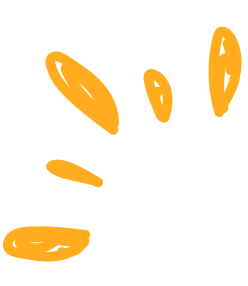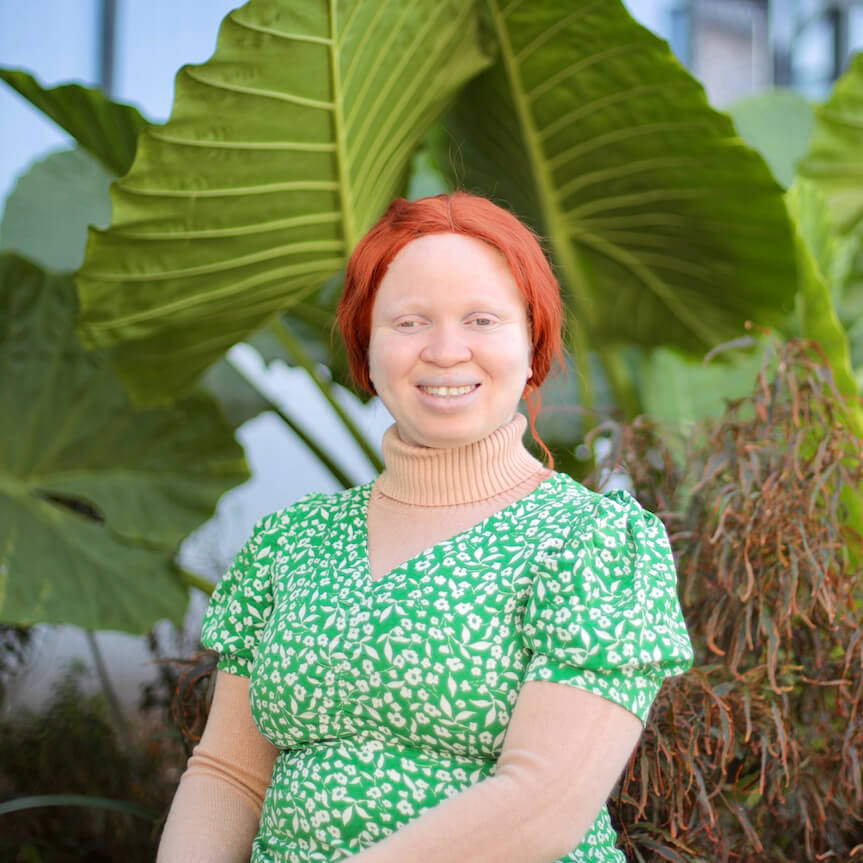
Disability Rights at the Forefront of Every Movement.
We support disability rights movements to unleash their power and celebrate diversity.

Our Impact
Awarded
$55.5 Million
Grants awarded by DRF and our sister fund, the Disability Rights Advocacy Fund.
452 organizations across 40 countries

“In the face of political and human rights crises, Haitian disability rights activists continue to persevere for their rights. DRF advocates to ensure the intersectional and vital leadership of persons with disabilities is recognized and resourced for all interconnected issues, from climate change to humanitarian emergencies. ”
Jo-Ann Garnier
DRF Program Officer for Haiti